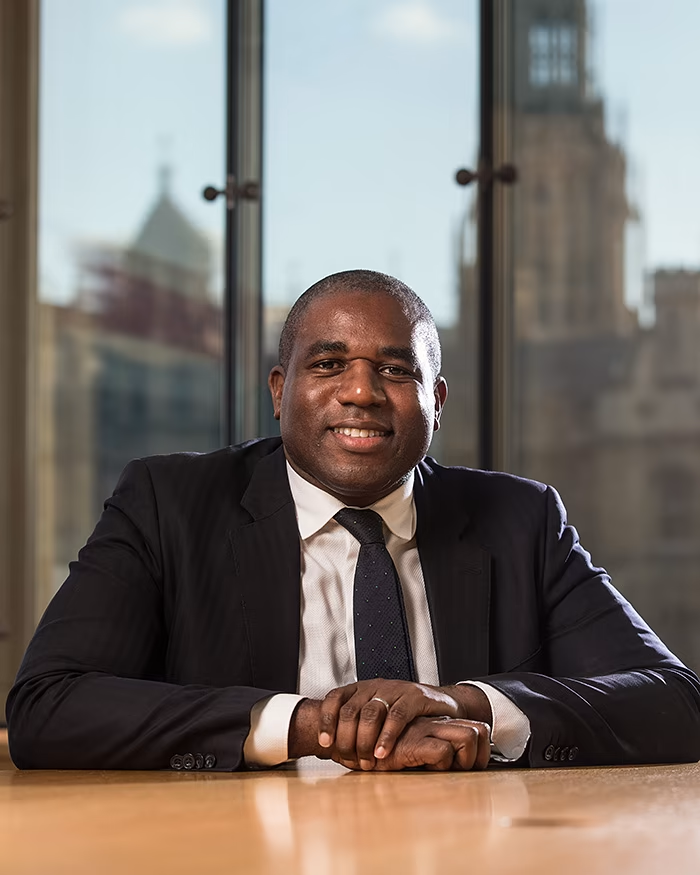David Lammy has been appointed as the UK’s deputy prime minister following Angela Rayner’s resignation, amid political upheaval and a tax scandal rocking the Labour Party.

Lammy Steps Into Deputy PM Role
Labour Party stalwart David Lammy has been named UK deputy prime minister after the sudden resignation of Angela Rayner, who stepped down following a controversial tax scandal. The move comes amid growing unrest within Labour ranks and widespread scrutiny over party leadership decisions.
Lammy, a long-serving MP and former shadow cabinet member, takes on the high-profile role at a turbulent moment for the Labour Party. Party insiders describe his appointment as an effort to stabilize leadership and reassure both MPs and the public that the government can continue to function effectively.
Angela Rayner Resigns Amid Scandal
Rayner, the previous deputy prime minister and Labour’s left-wing champion, resigned following revelations of irregularities in her tax filings. Her departure has sent shockwaves through the party, leaving senior officials scrambling to maintain unity and public confidence.
The scandal has drawn criticism from opposition parties and the media, with analysts suggesting it could weaken Labour’s credibility on economic and social policy issues. Lammy now faces the challenge of restoring trust and projecting party stability in the wake of Rayner’s resignation.
Lammy’s Political Credentials
David Lammy brings decades of parliamentary experience to the deputy prime minister role. A vocal advocate for social justice, economic reform, and international diplomacy, Lammy has long been recognized as a skilled orator and policy strategist within the Labour Party.
His past positions include Shadow Foreign Secretary, Shadow Justice Secretary, and Chair of influential committees on domestic and international policy. Party insiders note that Lammy’s broad experience equips him to navigate complex legislative challenges while uniting divided party factions.
Challenges Ahead
Lammy steps into office at a critical juncture for the UK government and Labour Party. Immediate priorities include:
- Addressing internal Labour Party divisions caused by Rayner’s departure.
- Reassuring the public and markets of government competence amid political uncertainty.
- Managing policy responses to ongoing economic pressures, including tax reform and social spending debates.
Analysts say Lammy must quickly establish credibility not just within the party but with voters and international partners, demonstrating that Labour remains a stable and effective governing force.
Party Reactions and Public Perception
The Labour Party has publicly welcomed Lammy’s appointment, emphasizing his experience, pragmatism, and leadership skills. Senior figures have noted that Lammy’s deep knowledge of parliamentary processes and his ability to bridge ideological divides make him a fitting choice to restore confidence.
However, some grassroots members have voiced concerns that Lammy may struggle to fully fill the void left by Rayner, particularly in championing progressive policies and left-leaning initiatives.
Looking Forward
With Lammy in office, the Labour Party hopes to stabilize its leadership team, recover from recent scandals, and prepare for future electoral challenges. His role as deputy prime minister will be closely watched as a test of Labour’s ability to maintain cohesion and demonstrate effective governance during turbulent times.
Observers predict that Lammy’s tenure will define not only the party’s short-term recovery but also its long-term strategic direction on economic policy, social reform, and international engagement.










Comments are closed.